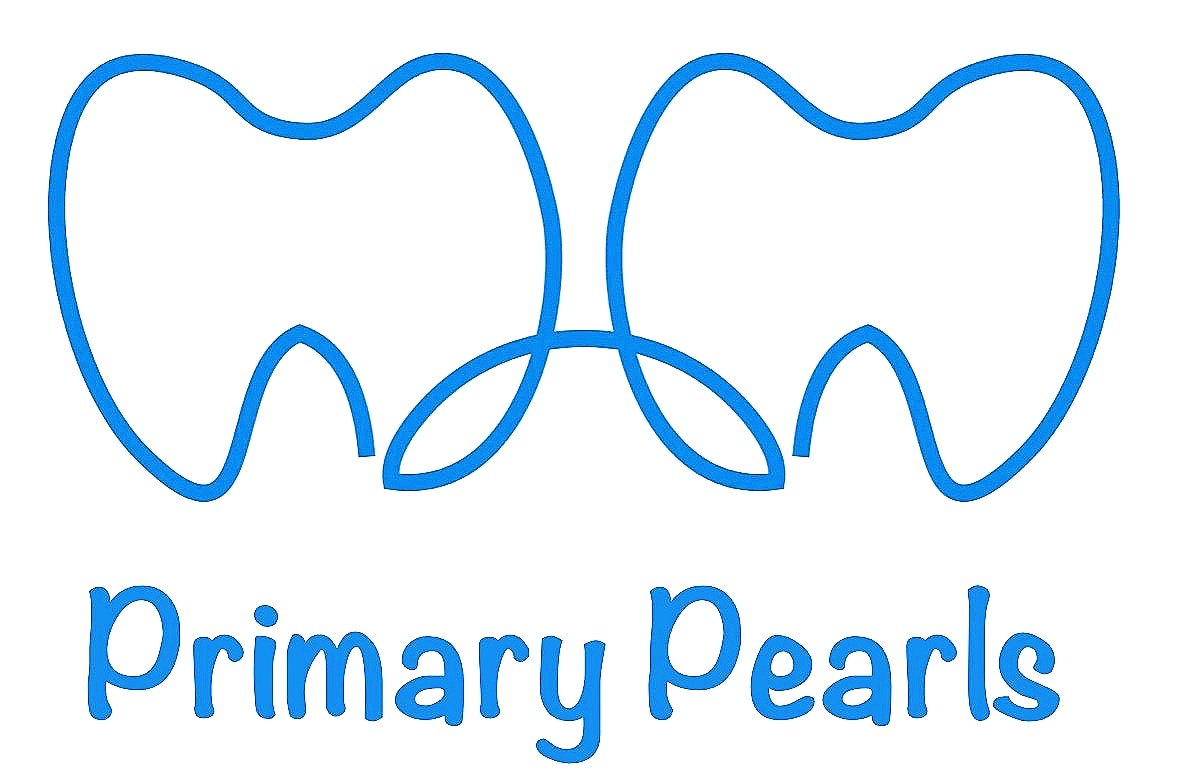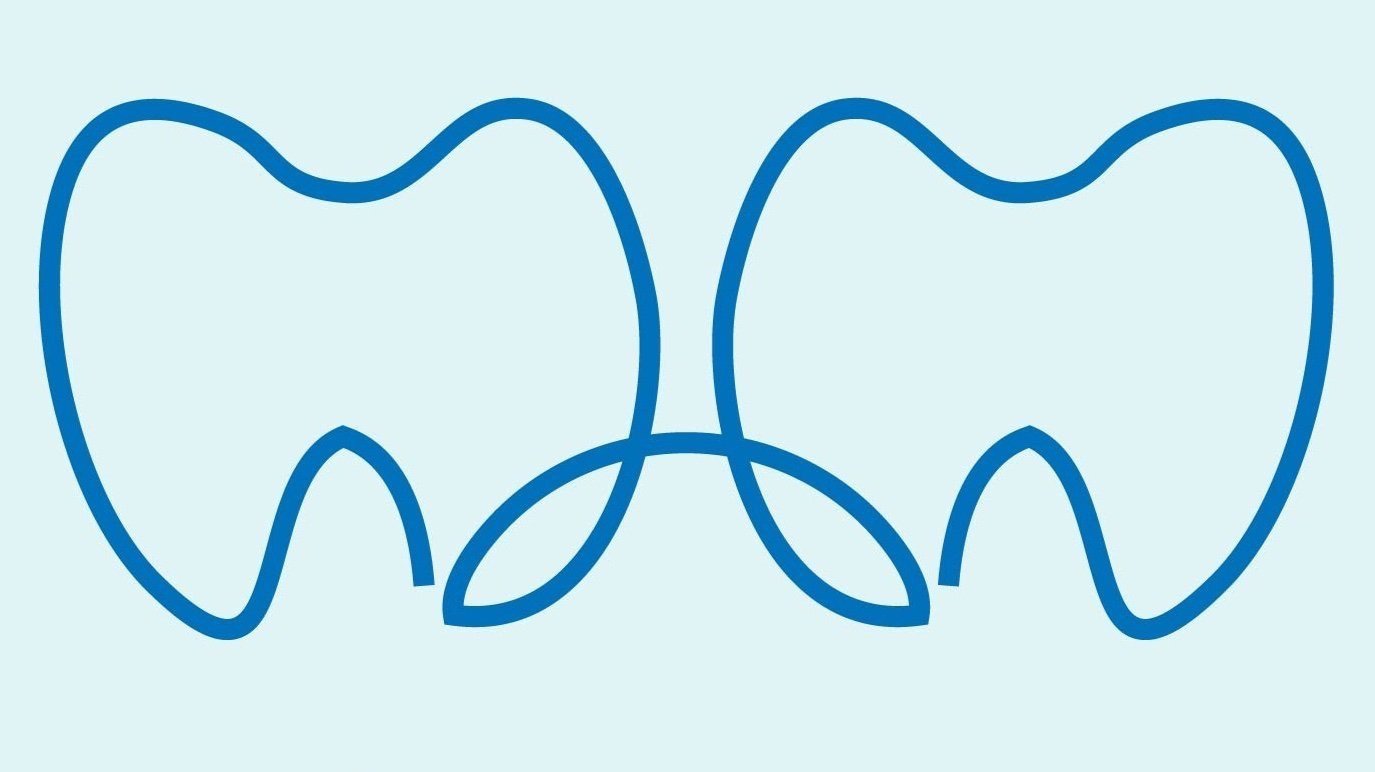Do People Really Have Soft Teeth?
As dentists, our patients often tell us they come from a family of “soft teeth,” and that’s the reason for their cavities. Unfortunately that isn’t usually the case.
First things first, there are some conditions that affect the development of teeth or make them more prone to cavities, such as:
Enamel hypoplasia/defects (from pre- and peri-natal illnesses, or spontaneous defects)
Amelogensis and dentinogenesis imperfecta
Certain medications (chemotherapeutics, steroids, excessive fluoride, some asthma medications)
Trauma or infection associated with the primary teeth
Complex anatomy (deep pits and grooves that can be impossible to clean).
And many other rarer conditions.
An example of Dentinogenesis Imperfecta.
However, many of these conditions are rare (less than 1 in a 1000), and any anatomical conditions can usually be addressed with preventative and restorative dental care (sealants and fillings).
So then why do so many people think they have inherited soft teeth?
Most dental problems are not inherited, and soft teeth are usually a result of poor oral hygiene practices (brushing and flossing) and a poor diet.
Think about it, who teaches their kids and about oral hygiene and diet? Their parents! And then when those kids becomes parents, they teach their children, and so on…
Oral Hygiene and Diet are “inherited” from parents and passed down to children
So…while the majority of “soft teeth” are not genetic, the diet and hygiene habits that cause them are inherited. Unfortunately, many do not realize the destruction these habits have on the teeth, and just chalk it up to bad genetics.
So what can I do if I come from a family of “Soft Teeth”
We always emphasize the importance of diet first. Does your child consume a high frequency of sugared beverages? Do they eat a lot of gummy foods? Do they snack often? It’s how often they consume sugared snacks and beverages, not how much. Try to keep sugary foods with meals and special occasions. Limit them as snacks and before bed.
Secondly, schedule a visit with your local pediatric dentist to evaluate how well your child is brushing and see if they are a candidate for any preventive treatments (sealants, fluoride, etc.)
What if my child really has an inherited or acquired tooth defect?
Unfortunately, some children are born with defective teeth, or have a medical condition that will cause deterioration of their teeth. If this is the case, it’s important to work with your local pediatric dentist. Because of these defects, impeccable oral hygiene and diet are also vital.
A defect on the permanent tooth with a history of trauma to the baby tooth.



